As reported, a new monument would have been erected in the 12th District for the victims of the Second World War at the intersection of Istenhegyi Road and Böszörményi Road, to replace the Turul statue that was erected in 2005. However, the existing memorial will not be reclassified as a World War I memorial.
The new World War II memorial will be erected in the area next to Városmajor Church, on the corner of Maros Street and Csaba Street – to also stand in memory of the dead that have been newly identified by the committee of historians entrusted by the local council. These include those that were killed in the hospital at 16 Maros Street, the Bíró Dániel Hospital in Városmajor Street and the home of the elderly in Alma Street, nearly 370 people. The memorial will also honour the martyrs of the resistance movement born in the district: Dean Ferenc Kálló, and Lt. Gen. János Kiss.
The local council of the 12th District to provide 50 million HUF for the work
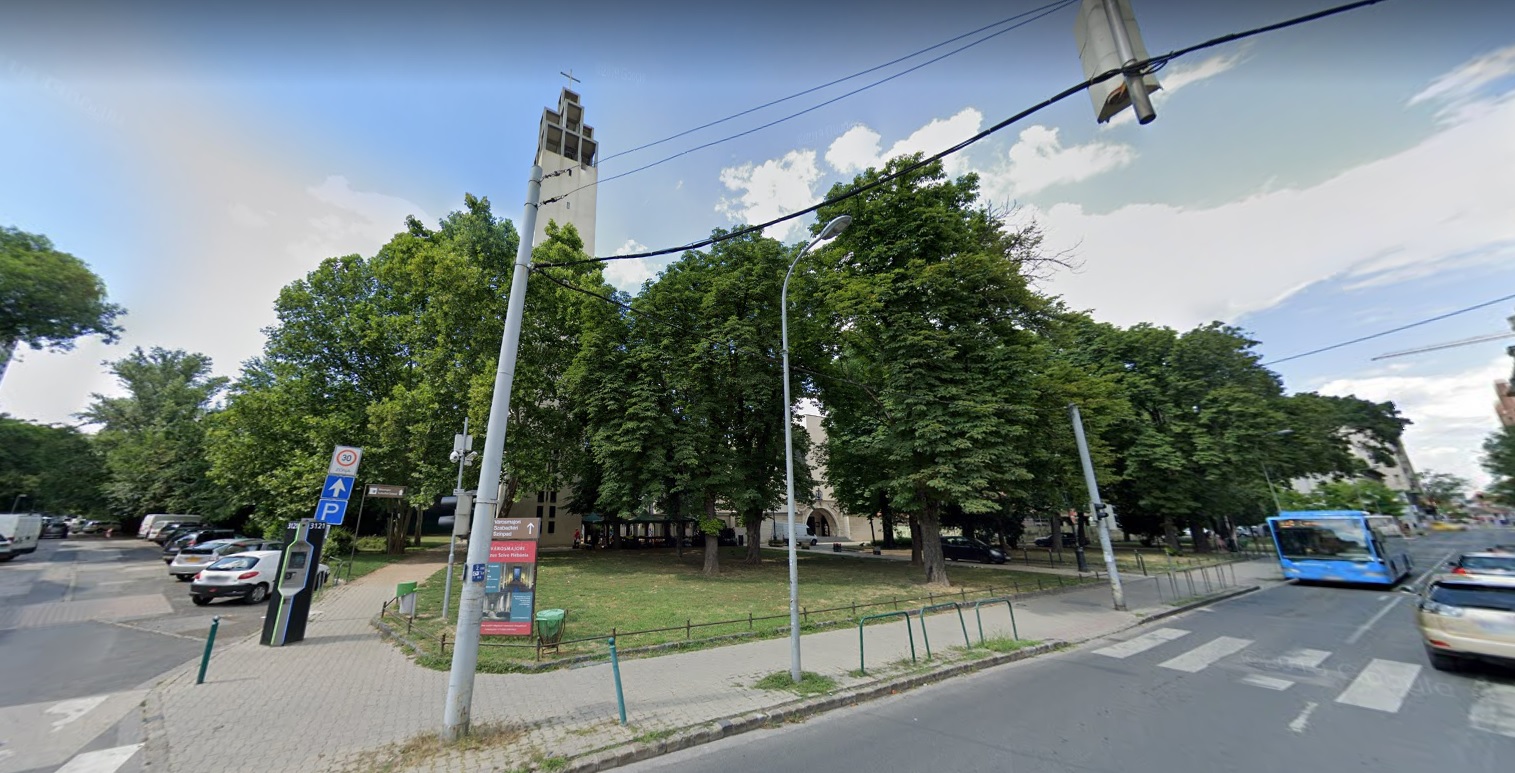
Plans state that the new memorial will be erected here, next to Városmajor Church, on the corner of Maros and Csaba Streets
(Photo: Google Streetview)
Turul statue not to be reclassified
During an interview on Monday, Zoltán Pokorni reacted to an article about his father and the statements made about the Turul statue in a documentary, which was published recently. The mayor said he was considering submitting an amendment to the local council because of the current situation. He recommends that the highly controversial Turul statue – erected in memory of the military and civilian victims of World War II – not be reclassified as a monument to the Victims of World War I – the MTI reports.
"Let this statue stand on its own. Do not destroy it, do not change it, or incorporate it (...) let us put a detailed board next to, to explain what it symbolises, and its history"
– the mayor is quoted saying.
Speaking about the documentary Monument to Murderers, recently published on a news portal, Zoltán Pokorni said that it was important to explore the history of how the Jewish inhabitants of the District were murdered. However, instead of making a film about a shockingly saddening and important topic, the director chose to create a political club. The politician stated that the film confuses periods, the debates of 2005 and the present day, the situation in the district after the Arrow Cross massacres, and equates those who argue to save the Turul with the Arrow Cross and those who defend the Arrow Cross today. Zoltán Pokorni stressed that erecting a memorial to the victims of the war was an understandable human goal after the fall of socialism.
Clarifying the symbolism of the Turul
The mayor noted that the 12th District local council did not choose the best symbol for a World War II memorial. Borrowed from the motif of a World War I military grave, the Turul is controversial on a memorial erected to honour the dead of the Second World War, as most of the district's dead were civilians, including the massacred Jewish inhabitants. He stressed that the local council had never intended to commemorate the Arrow Cross.
The mayor listed in a few points he deemed inaccuracies or mistakes in the film. He pointed out, among others, that it was not true that the names of those proven to have participated in the massacre of the Jewish inhabitants – including his grandfather's – had not been removed from the pedestal, despite the mayor's promise. Mr Pokorni stated that his grandfather's name was removed in January last year and three other names were taken down in September.
The statement that all events that happened in the 12th District were known – including the atrocities committed after the Arrow Cross took power – when the statue was erected is also false. Zoltán Pokorni noted that even historians are clear that the terrible details of the events only became clear after 2010, and mostly after 2016.
A new monument to honour the dead of World War II
The mayor said he had asked renowned historians to settle the issue of the statue, and based on their study, a tender for a new statue has been announced. The decision to erect a new memorial elsewhere has been reached and the local council will provide 50 million HUF for the project. Furthermore, the Council had also decided to reclassify the existing statue as a World War I memorial. Zoltán Pokorni said that he did not believe it was right to demolish the statue, but he did not consider renaming it to be the best solution.
Mr Pokorni noted that while the film reinforced a lie, it also draws attention to a truth: stories and the past should not be covered up but showcased and remembered.
Explain, not rename
The mayor continued by noting that the two solutions above both hide the problem. He added this is why he is considering submitting an amendment. The mayor agreed that the statue should not honour murderers – it has much more depth and length. It may be possible to save it from this whirlpool. Even if there are neo-Nazis among those who support this position, the claim that everyone who defends the Turul supports fascist and the murderers is an exaggerated and unjust position, said Zoltán Pokorni, emphasizing that the local council must strive to cool the debate between these two extremes.
He envisioned an information board next to the Turul statue that could tell the story of the memorial from the national millennium, through the Turul Alliance, the Arrow Cross, the silence of the 1950s, the local council's unfortunate effort to erect a memorial, the district’s debate with the capital, to the present-day.
The simple oppositions of being an Arrow Cross sympathiser, a traitor, and the Turul symbolising the innocent or murderers, said Zoltán Pokorni, emphasizing that the Turul is a complex symbol.
Cover photo: The turul sculpture at the corner of Istenhegyi and Böszörményi roads (Photo: hegyvidek.hu)

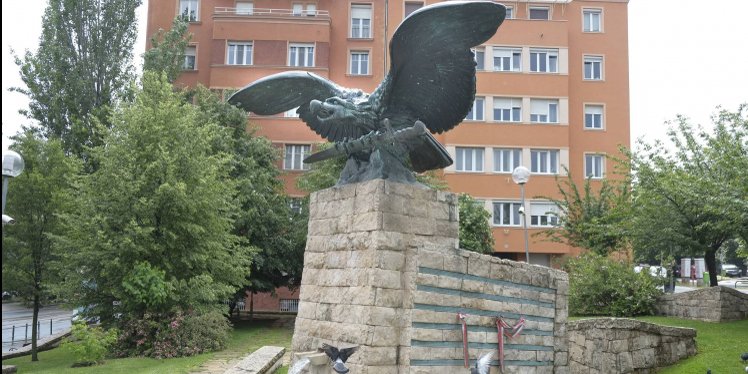
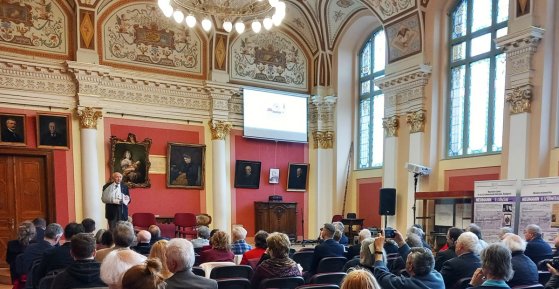
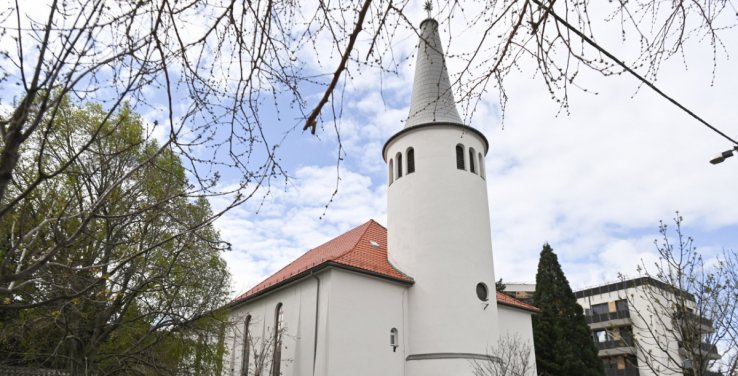
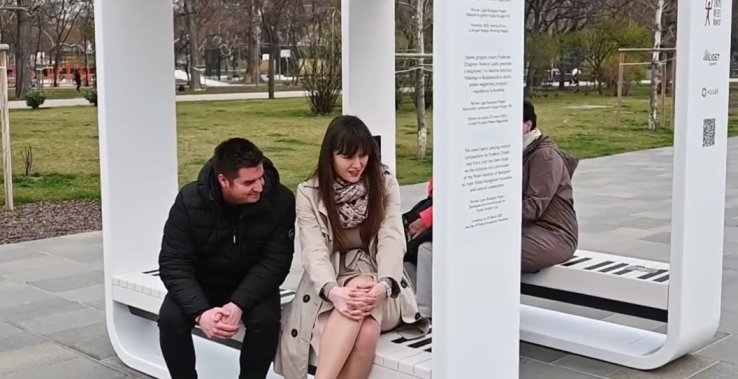
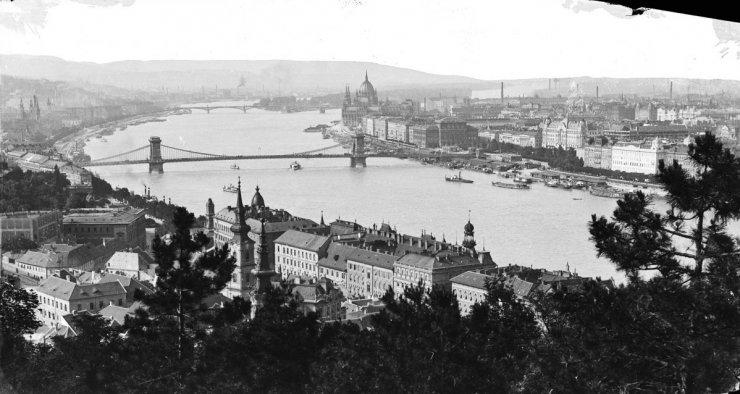
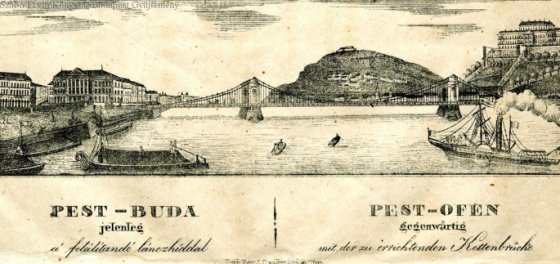
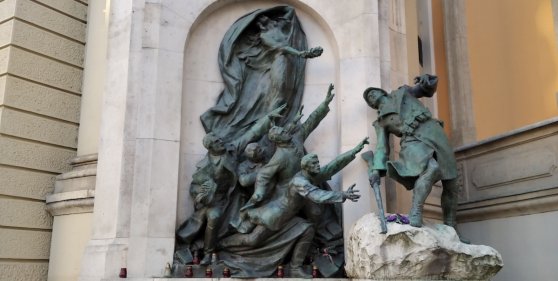
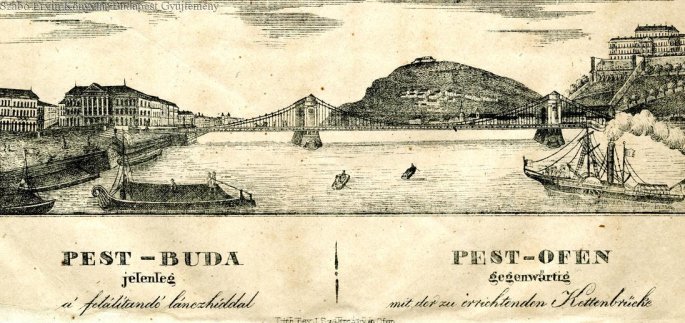
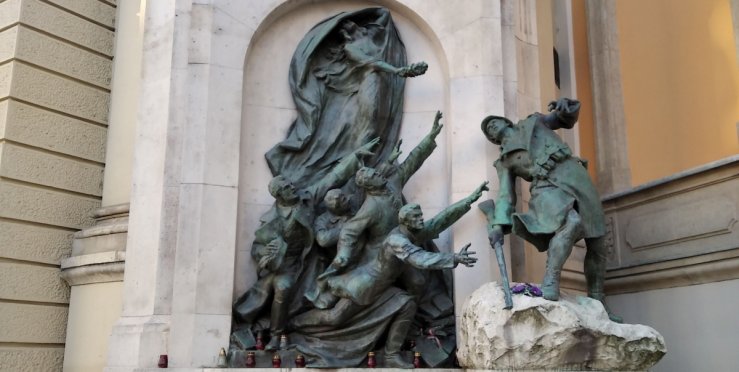
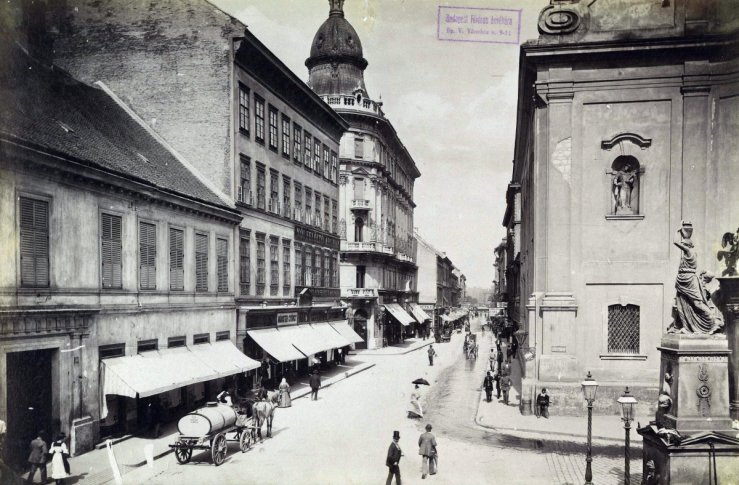
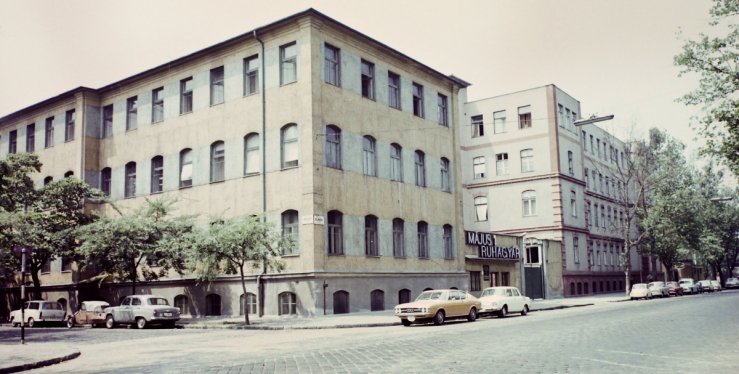
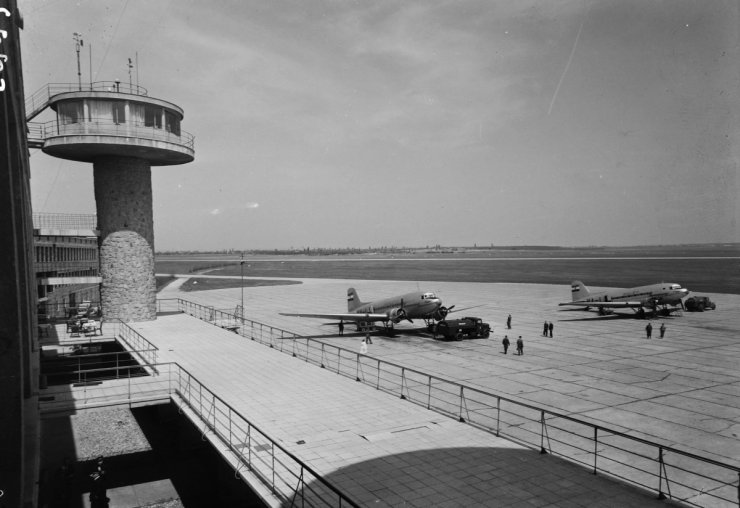
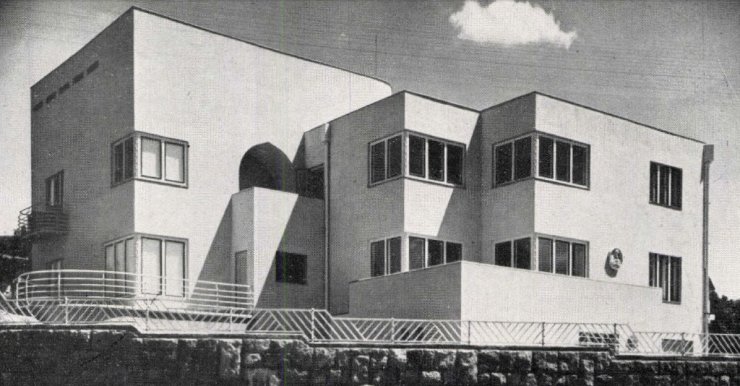
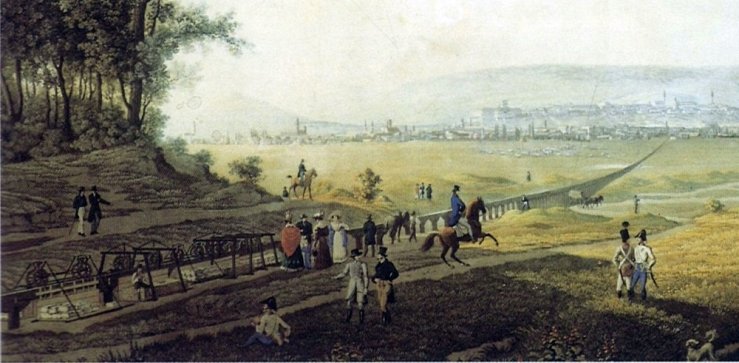
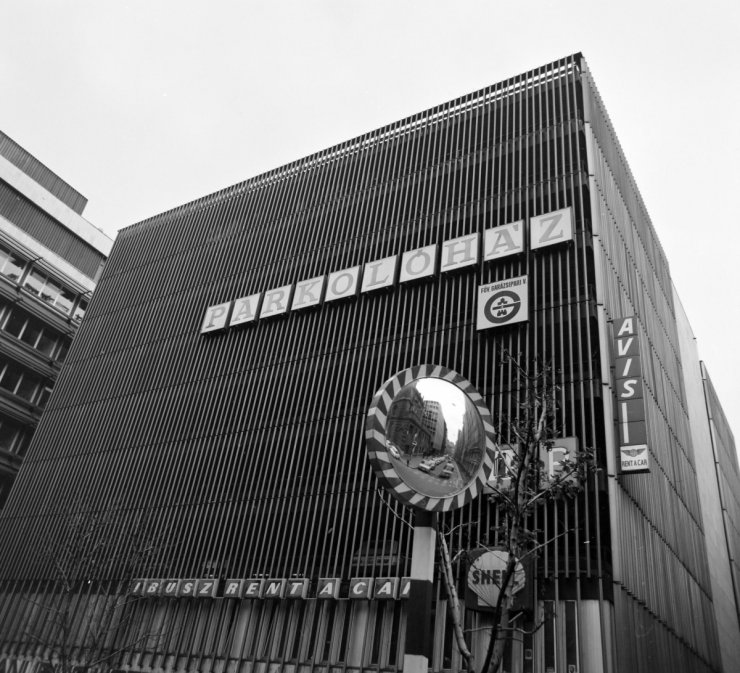
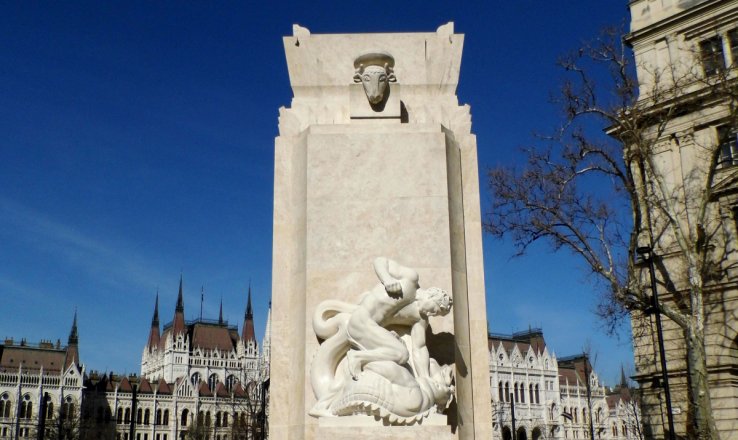
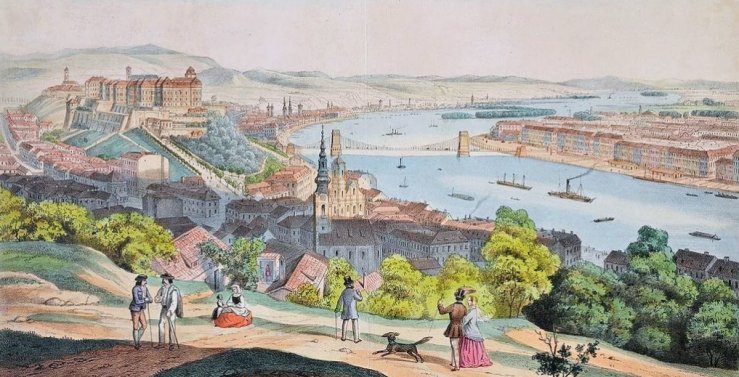
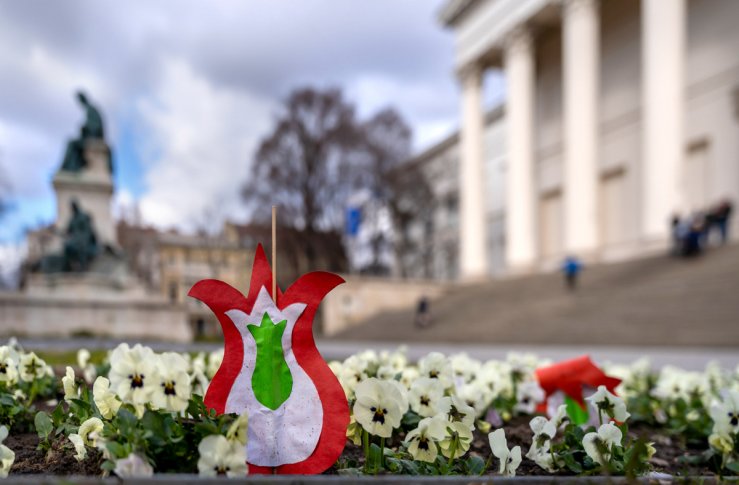
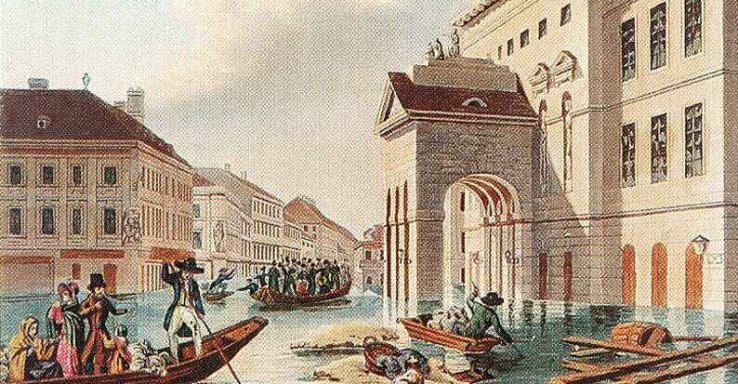
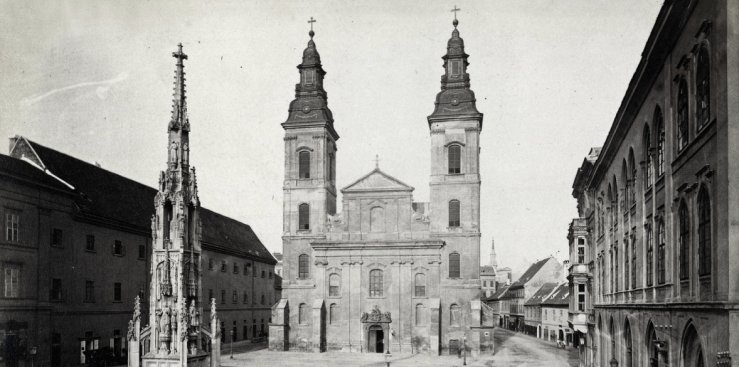
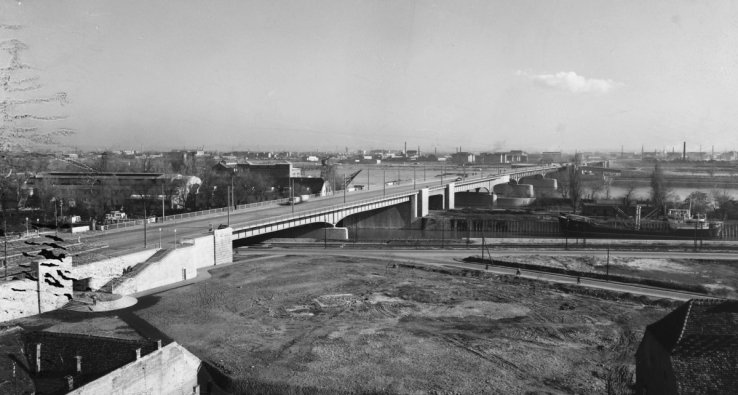
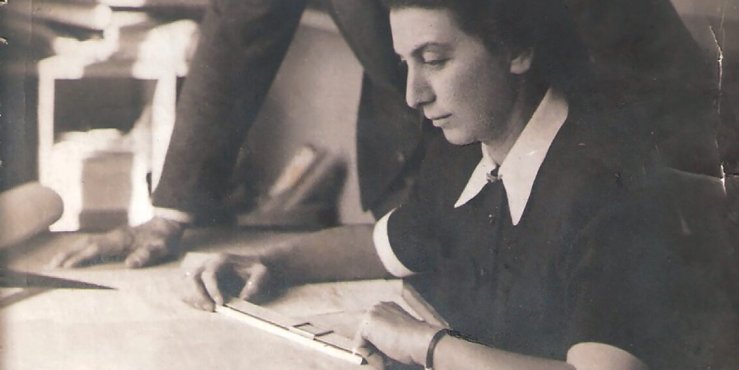
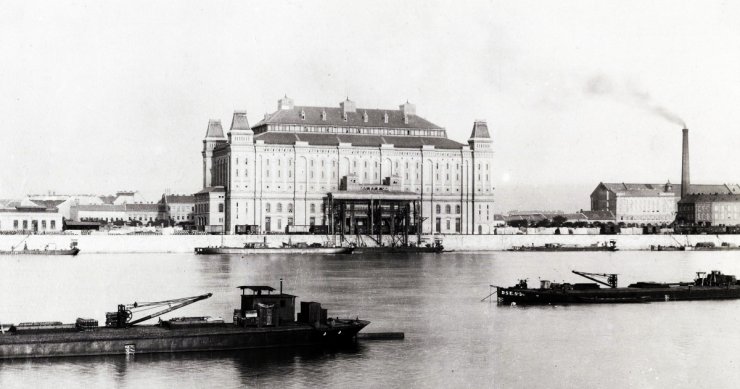
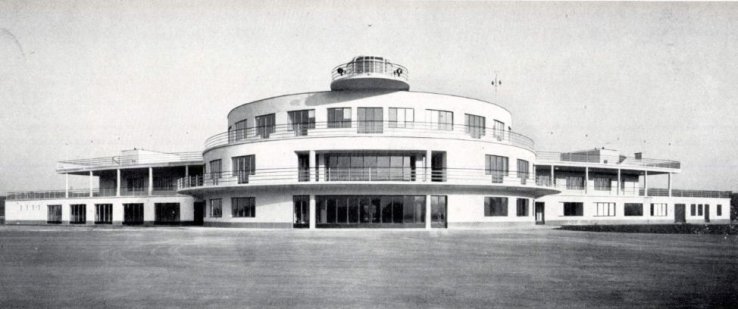
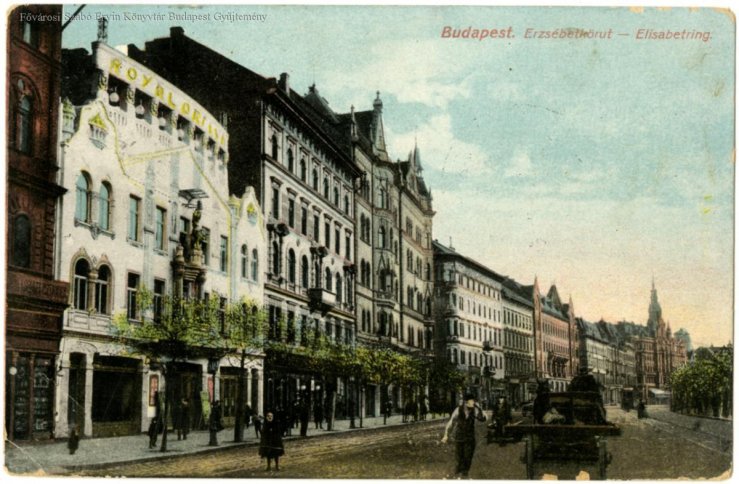
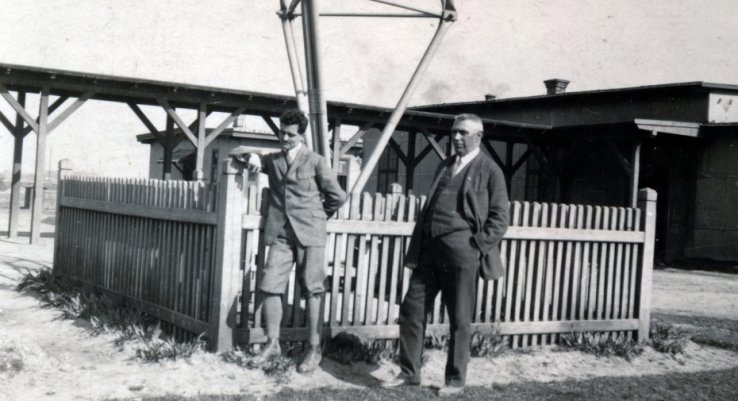
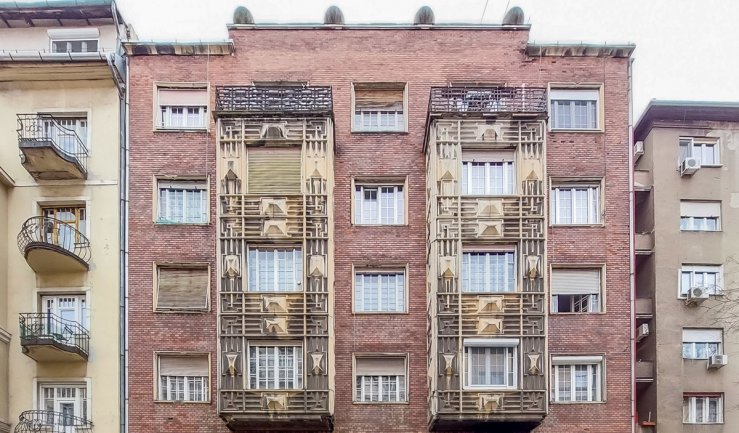
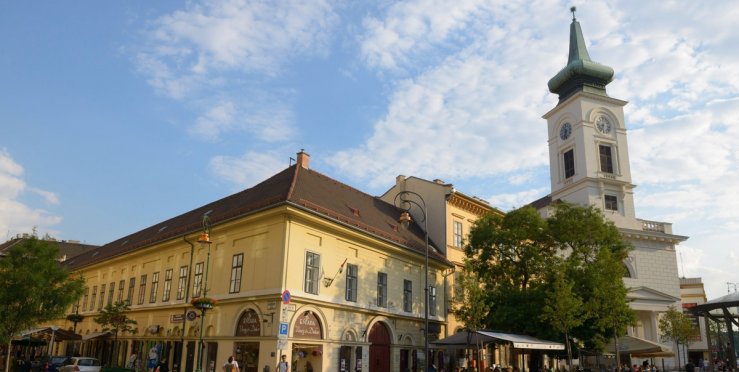
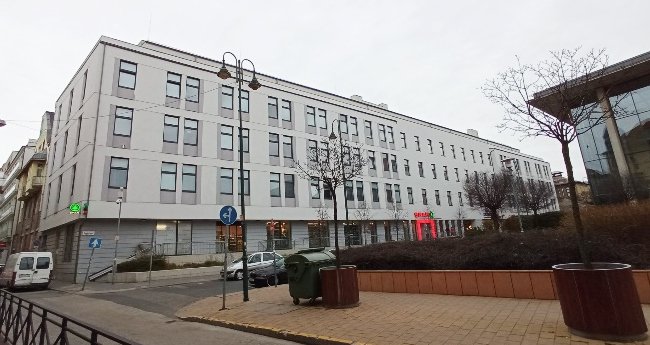
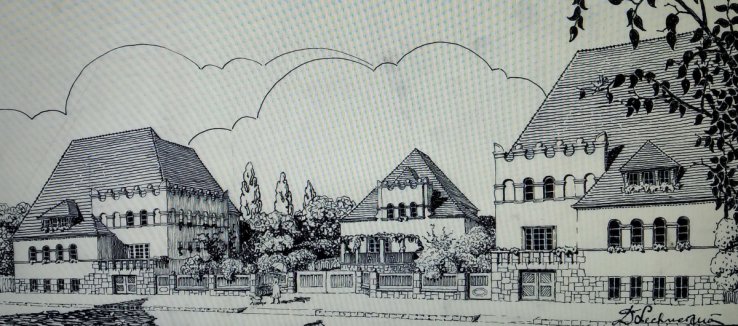
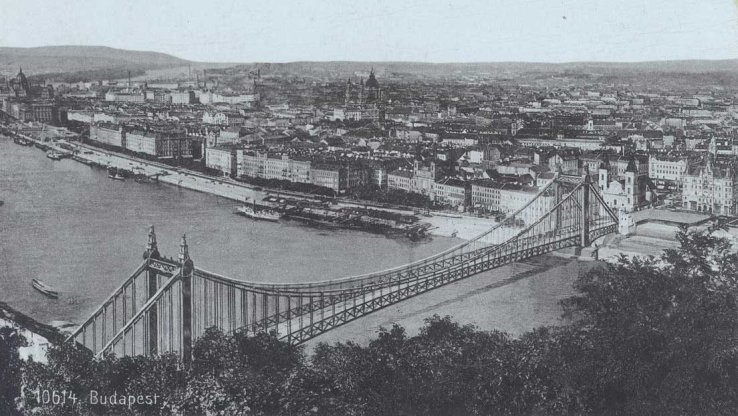
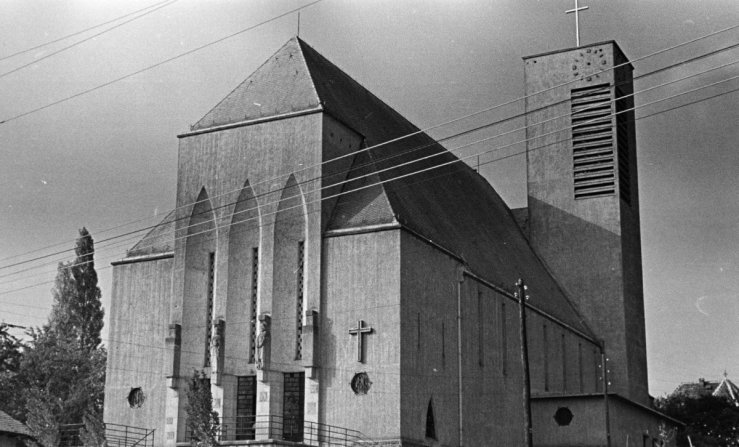
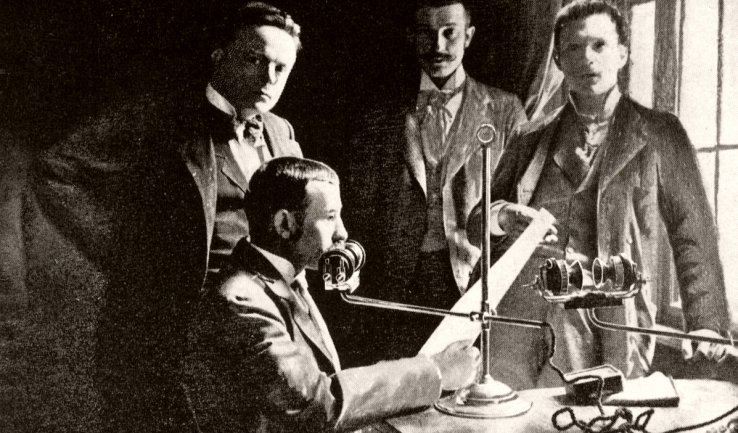

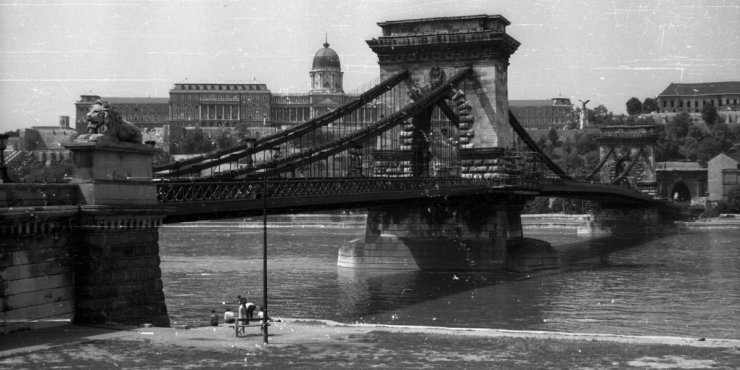
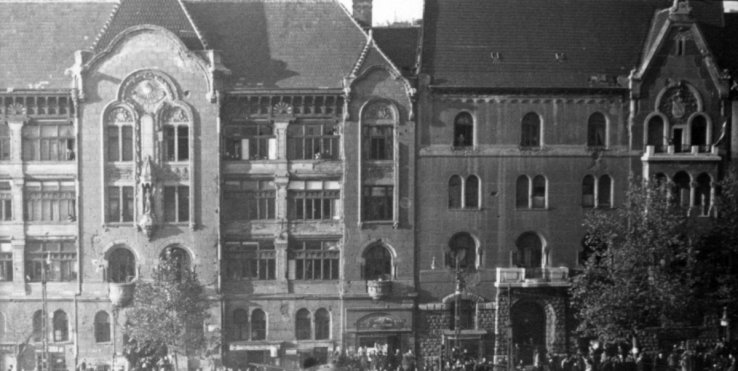
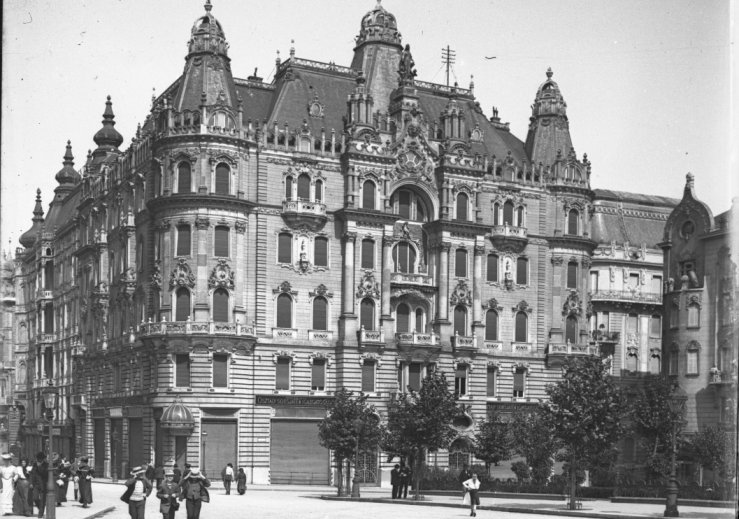
Hozzászólások
Log in or register to comment!
Login Registration